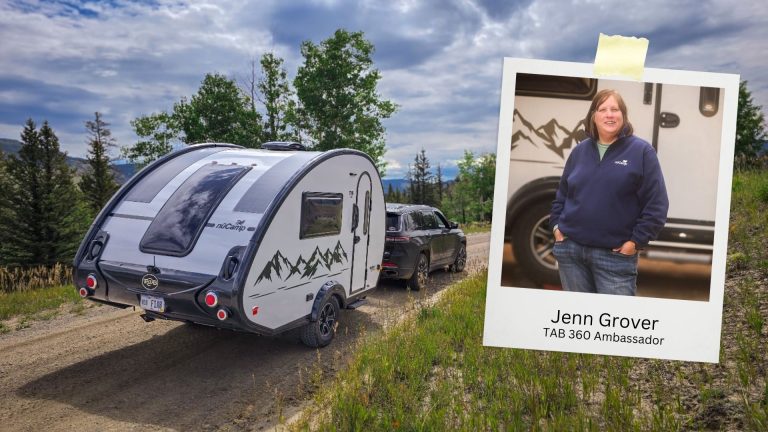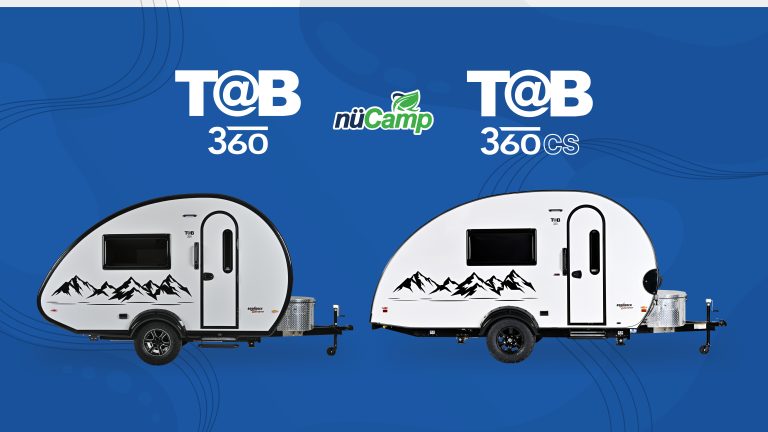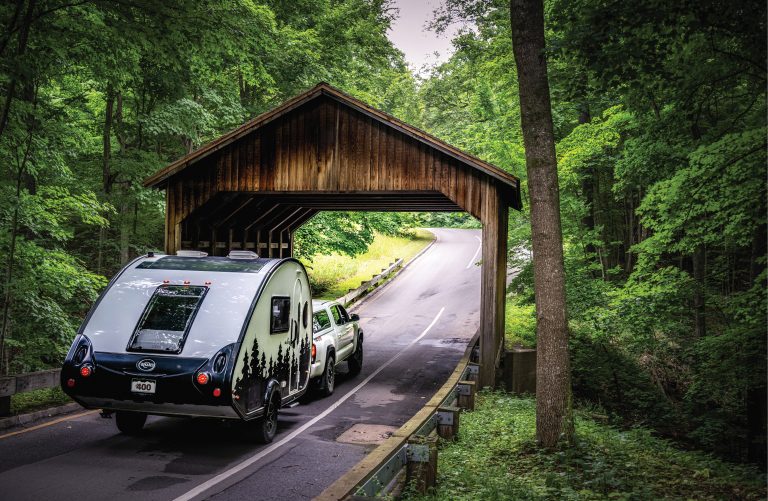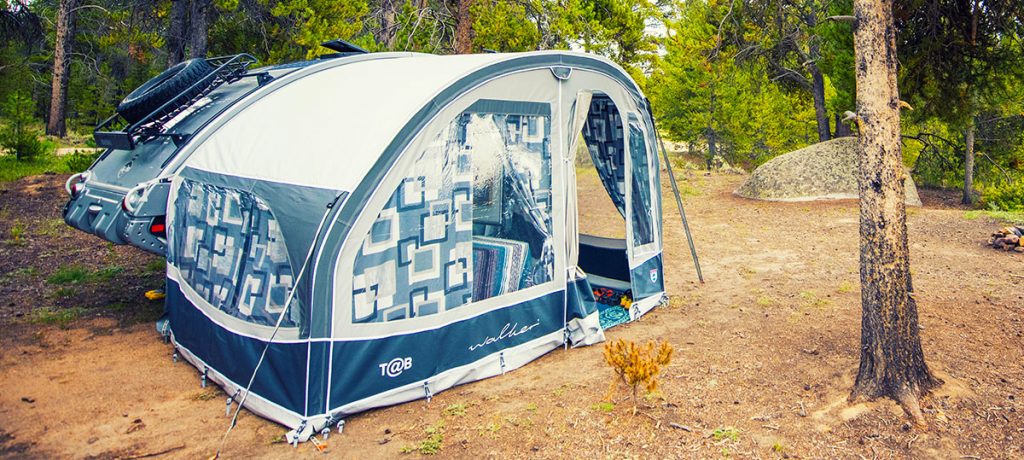Your brand-new RV is sitting in your driveway and you’re just itching to take it out on the road. But before you head down the open highway, check out these 5 tips to prevent some unexpected (or unpleasant!) surprises along the way!
#1—Follow the “Practice Makes Perfect” Guideline
Or at least, it will reduce the chances of you making a mistake driving or parking your camper. If you’re not used to driving something that is significantly larger than your car, consider taking driving classes so you’ll know how to keep your big toy under control. In any cases, spend some time driving around your city to get a feel for what it’s like to be behind the wheel.
#2—Do a Few Driveway Dry-Runs
This means spend a weekend living in your camper while it’s parked in your driveway. Pack up a weekend’s worth of items, and then see what’s been left off the must-have list. Get used to using the bathroom facilities and cooking on the stove. This will let you iron out the bugs before you take off.
#3—Create a Set of RV Checklists
It’s easy to overlook something when it’s your first time out. That’s why smart RVers create checklist for everything from setting up at the campsite to emptying the dump tanks. Other checklist can cover pantry essentials, linens and tools. Slip each checklist into a clear plastic sleeve and store them in a binder along with manuals for camper appliances and the camper itself, so they are right at your fingertips.
Here are links to downloadable checklists:
- RV Checklists: 6 Printable Packing Lists
- Changin’ Gears: RV Checklists
- RV Goddess: Printable RV Checklists
- Good Sam: RV Travel Checklists
#4—Know Your Camper’s Weight Limit
Know your camper’s weight limit ratings for loads, tires and towing, and stay within it. Too much weight is hard to handle and uses up fuel much faster. Empty your gray and black water tanks before you head out, and keep the water you’re carrying to a minimum. Most campgrounds either have full hookups or are located close to a fill-up station.
#5—Gain Some RV Education
You don’t have to become a certified RV mechanic (although taking a course can be a good thing) but you should have a basic understanding of how everything works inside and outside your camper. Read your owner’s manual, then spend some time finding out where everything is, how to hook and unhook components, and what sounds indicate an ASAP problem.
Check out online articles and videos for a crash course in understanding your camper. Here are just a few:
- RV Share: RV Electrical: All the Basics You Need To Know!
- KOA: Basic RV Electricity
- Wand’rly: How Everything in an RV works
- Axle Addict: Your RV, Motorhome, or Camper Generator and How It Works
- RV Repair Club: DIY RV Videos
- RVers Corner: RV Maintenance Videos
The more you know about your camper, the more secure you’ll feel about embarking on your road trip experience!
Recent Articles





